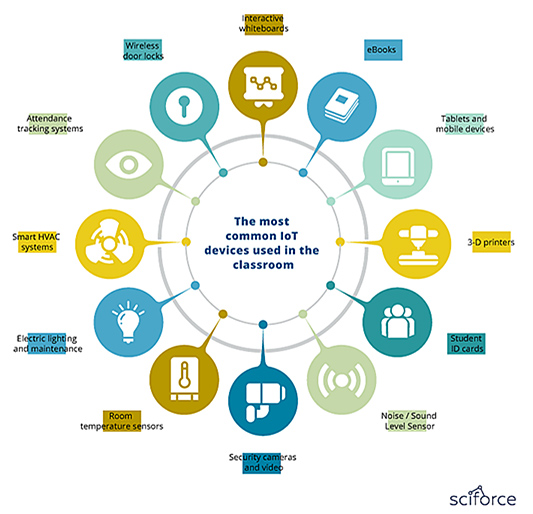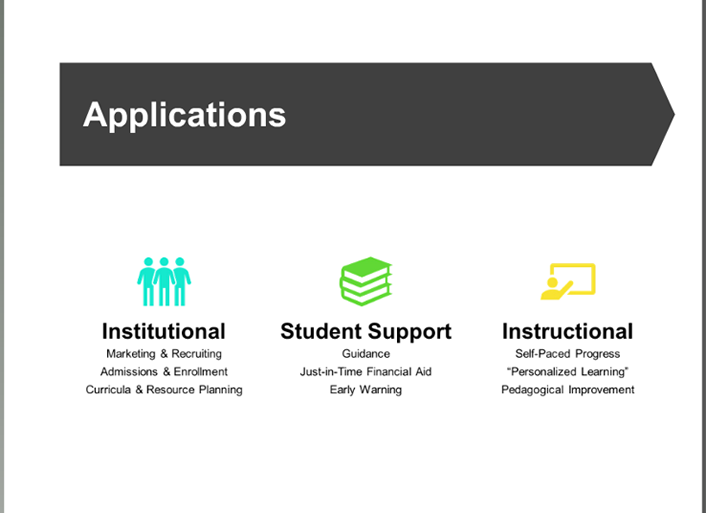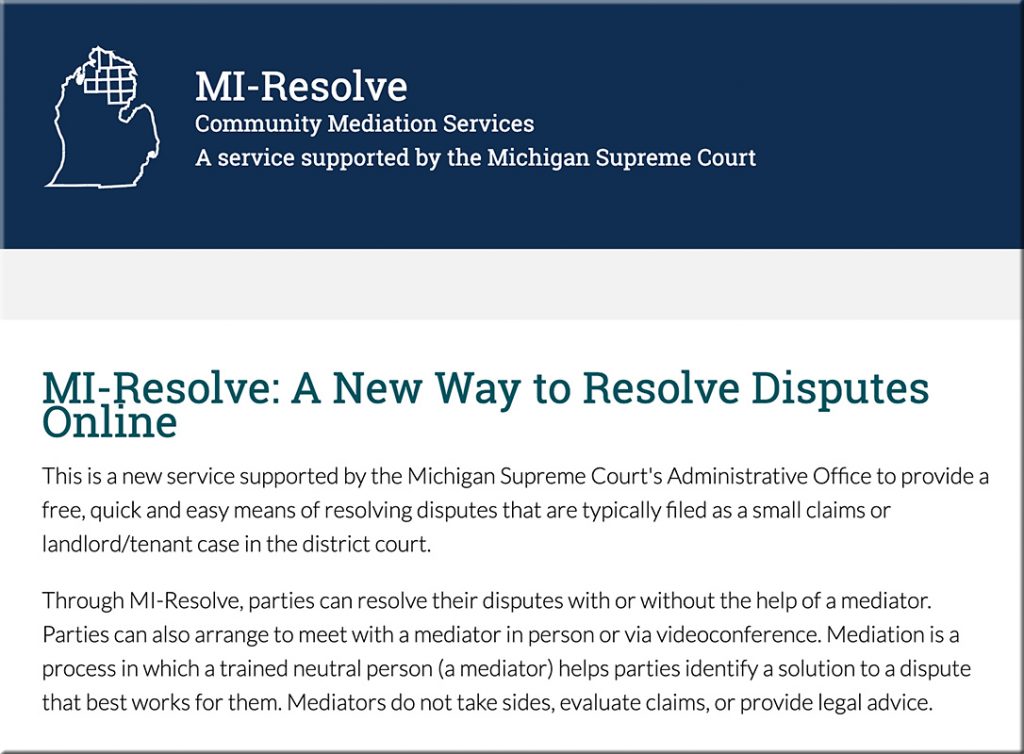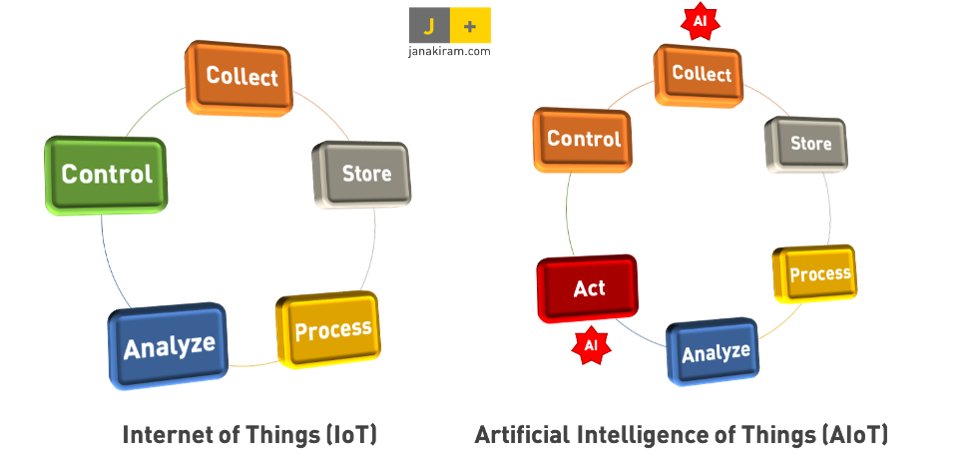DIY Mindset Reshaping Education — from campustechnology.com by Dian Schaffhauser
Excerpt:
A do-it-yourself mindset is changing the face of education worldwide, according to new survey results. Learners are “patching together” their education from a “menu of options,” including self-teaching, short courses and bootcamps, and they believe that self-service instruction will become even more prevalent for lifelong learning. In the United Sates specifically, 84 percent of people said learning would become even more self-service the older they get.
Among those who have needed to reskill in the last two years to continue doing their jobs, 42 percent found information online and taught themselves and 41 percent took a course or training offered by their employers, a professional association or bootcamp, compared to just 28 percent who pursued a professional certification program, 25 percent who enrolled in a university-level degree program or 12 percent who did nothing.
If people had to learn something new for their career quickly, they said they would be more likely turn to a short training program (47 percent), followed by access to a free resource such as YouTube, Lynda.com or Khan Academy (33 percent). A smaller share (20 percent) would head to an accredited university or college.
From DSC:
This is why the prediction from Thomas Frey carries weight and why I’ve been tracking a new learning platform for the 21st century. Given:
- The exponential pace of technological change occurring in many societies throughout the globe

- That emerging technologies are game-changers in many industries
- That people will need to learn about those emerging technologies and how to leverage/use them <– if they want to remain marketable/employed
- That people need to reinvent themselves quickly, efficiently, and cost-effectively
- That many people can’t afford the time nor the funding necessary these days to acquire a four-year higher ed degree
- That running new courses, programs, etc. through committees, faculty senates, etc. takes a great deal of time…and time is something we no longer have (given this new pace of change)
…there needs to be a new, up-to-date, highly responsive, inexpensive learning-related platform for the 21st century. I call this learning platform of the future, “Learning from the Living [Class] Room.” And while it requires subject matter experts / humans in significant ways, AI and other technologies will be embedded throughout such a platform.
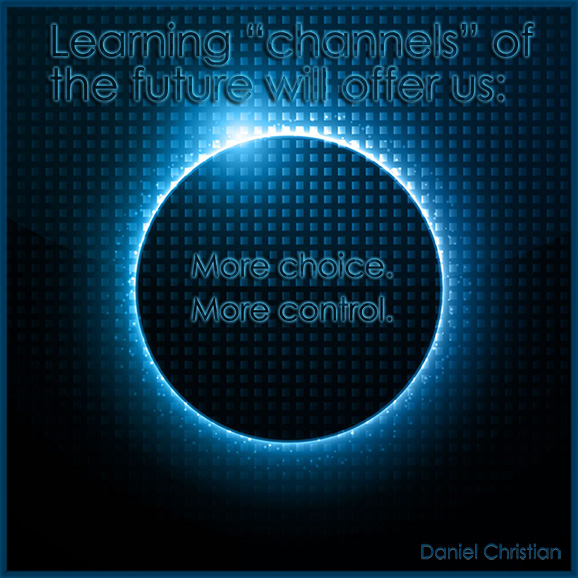

“I’ve been predicting that by 2030 the largest company on the internet is going to be an education-based company that we haven’t heard of yet,” Frey, the senior futurist at the DaVinci Institute think tank, tells Business Insider.
— source
Addendum on 9/18/19:
For $400 per course, students will be able to gain access to course videos that are cinematically filmed and taught by “some of the brightest minds in academia.” Outlier.org students will also have access to problem sets, one-on-one tutoring and assessments proctored through artificial intelligence.









